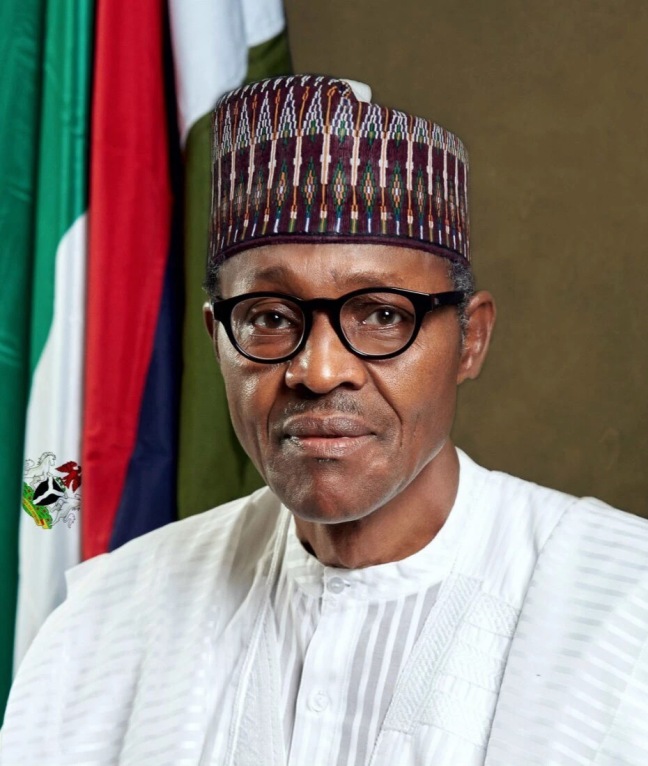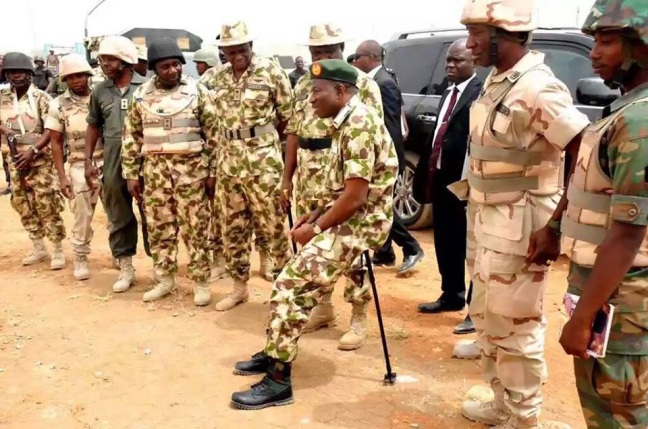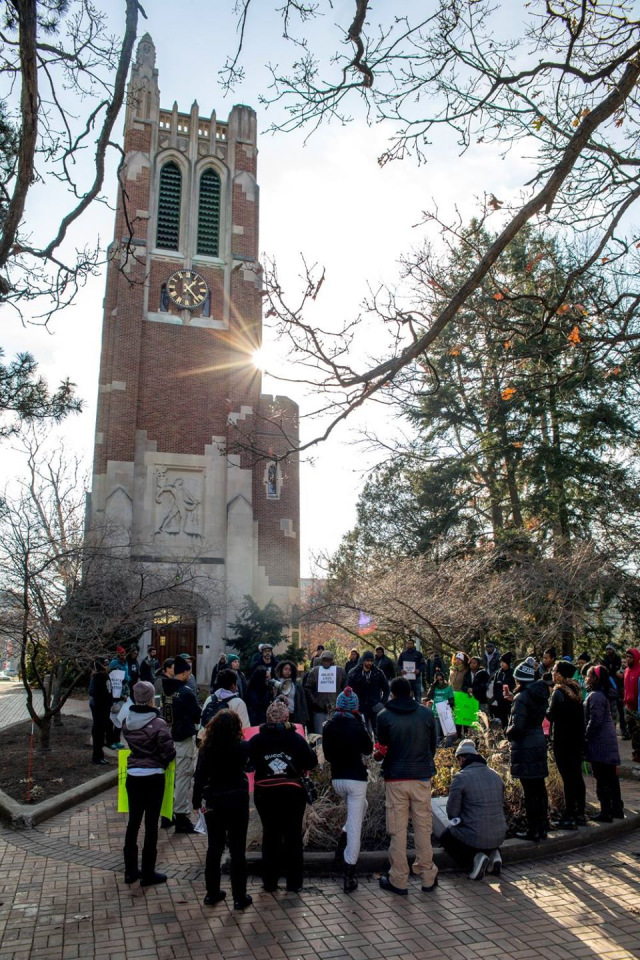
I was part of a discourse instigated by a satire on President Muhammadu Buhari’s recent blunders and seeming indecisions these past days. The author, Malam Jaafar Jaafar, a former media aide to Governor Rabiu Musa Kwankwaso, employed as a subject of his commentary the President’s mispronouncing of German Chancellor’s name as Michelle instead of Merkel, misattribution of the designation “President” instead of “Chancellor” to her, and then reference to her territory as “West Germany” instead of Germany.
The essence of Jaafar’s method, quite simply, was to draw attention to the oversights of presidential aides in having the principal prepared for diplomatic engagements at which knowledge of, or reminders about, global current affairs are necessary, and the necessity of the President’s many travels. But, instead of a robust defence of the man’s travels and Freudian slips, Jaafar was not only pilloried, but his background as former media aide was cited by…
View original post 1,072 more words







